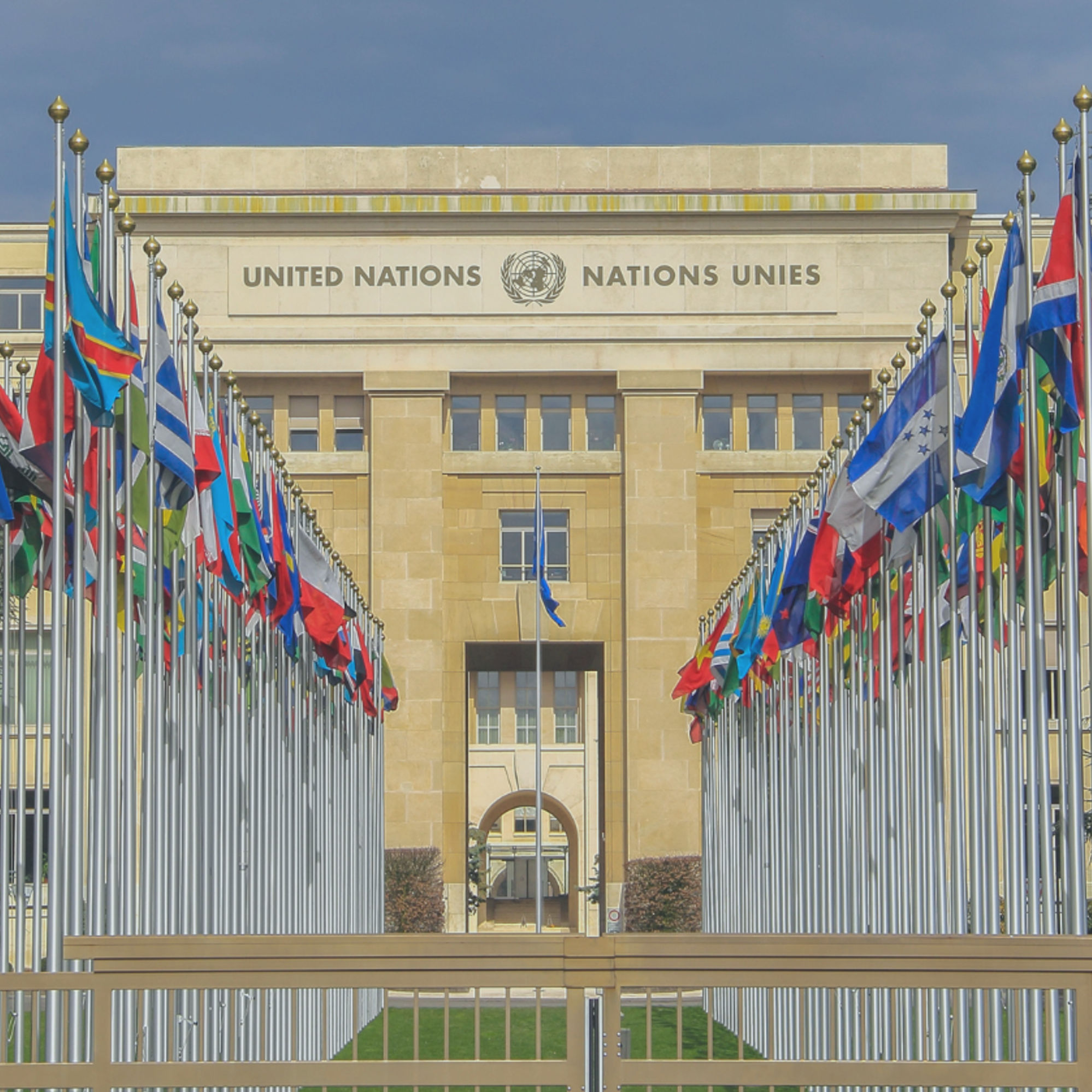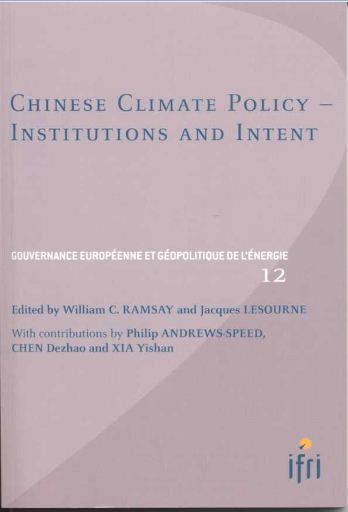International Organizations and Multilateralism
Rhetoric on the crisis of multilateralism is frequent. International organizations (UN, WTO, etc.) remain no less important, while other forums (G20, BRICS, etc.) are asserting themselves.
Related Subjects


Political Europe: Is Hope Reasonable?
The European crisis is primarily the result of economic difficulties and their social effects.
IEA Crisis Management: Evolving with the Risks
Last week the IEA chose not to renew its June strategic stock release. It was the right decision. The volumes of strategic crude and product taken up by the market will be reaching refineries now and incremental volumes produced in the Arabian Gulf will be steaming towards markets.
A Look at the IEA 2011 Release of Strategic Oil Reserves
This paper examines the motivations and the potential consequences of the International Energy Agency’s coordinated action to release petroleum stocks on June 23, 2011.

Chinese Climate Policy: Institutions and Intent
Until the late 1990s, the balance of Chinese energy production and consumption was treated by the rest of the world as a net figure. No one knew what was going on inside the Chinese economy - it was a black box. As far as anyone was concerned, the Chinese would not soon be a major factor in world energy markets.
Making Sense of One Health: Cooperating at the Human-Animal-Ecosystem Health Interface
This study aims at showing and making sense of the One Health approach, according to which it is impossible to defeat infectious disease without working at the interface between human health, animal health and the environment.
The G20 from Seoul to Cannes : Towards a Global Governance Committee
After two years of existence at the Heads of State and Government level, the Group of 20 (G20) has reached a turning point. In this new context, a number of questions need to be addressed-in particular, as to how to ensure the transition from a crisis management body to a global governance committee. How can the G20 solve the legitimacy problems inherent to its structure and nature? How can it address its representativeness deficit? What should be the exact mandate of the Group and how can this mandate be achieved?
The Governance of Energy Poverty in Southeastern Europe
This report presents the outcomes of a recently-completed research project1 aimed at uncovering the different ways in which energy poverty – understood as a condition wherein the domestic energy services available to a household are below socially and materially necessitated levels – is produced by, and mitigated through, the interaction of relevant decision-making institutions in the energy, social welfare, health and housing domains. The project focused on conditions in Southeastern Europe, where energy prices have been recently on the rise despite falling incomes and poor access to efficient and adequate energy services.

Obama's Diplomacy as Showcased by Web 2.0
Obama's administration is intent on restoring the US image abroad.
The G20 and the Challenge of International Financial Re-regulation
The crisis, it is now widely accepted, means that markets failed. Meeting for the first time in Washington in November 2008, the G20 embarked in a ride of re-regulation. Months of negotiations later, it dramatically appears different to agree on principles and broad objectives, and to write and enforce rules and commitments.
Global Governance of Biodiversity: New Perspectives on a Shared Challenge
This report aims to provide a first mapping of the global governance of biodiversity, through an investigation of the interactions between the various actors, institutions, norms, tools and processes that structure it. It chooses to do so by bringing together different visions or perceptions on the nature, shape and characteristics of the current global governance of biodiversity.
Support independent French research
Ifri, a foundation recognized as being of public utility, relies largely on private donors – companies and individuals – to guarantee its sustainability and intellectual independence. Through their funding, donors help maintain the Institute's position among the world's leading think tanks. By benefiting from an internationally recognized network and expertise, donors refine their understanding of geopolitical risk and its consequences on global politics and the economy. In 2024, Ifri will support more than 70 French and foreign companies and organizations.





